Home>Others>Eco-Friendly Products>What Type Of Compost Bin Is Best
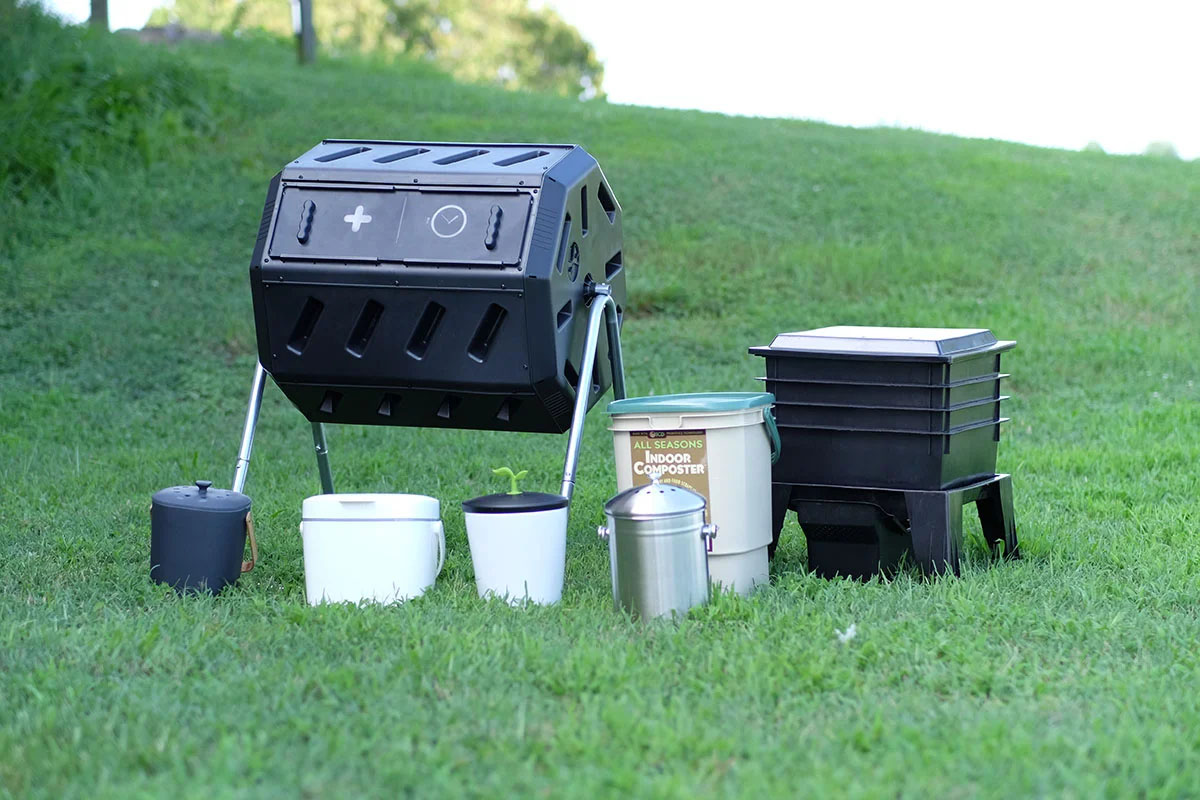

Eco-Friendly Products
What Type Of Compost Bin Is Best
Modified: January 14, 2024
Discover the best eco-friendly compost bins for your home. Explore sustainable options to reduce waste and create nutrient-rich soil. Choose the right compost bin for a greener lifestyle.
(Many of the links in this article redirect to a specific reviewed product. Your purchase of these products through affiliate links helps to generate commission for Storables.com, at no extra cost. Learn more)
Introduction
Welcome to the world of composting, where organic waste is transformed into nutrient-rich soil amendments for your garden. Composting is a simple and effective way to reduce waste, enrich the soil, and contribute to a more sustainable environment. One of the key decisions to make when starting your composting journey is choosing the right compost bin. With various options available, it’s important to understand the different types of compost bins and their unique benefits.
In this article, we’ll explore the characteristics and advantages of traditional compost bins, tumbler compost bins, worm compost bins, and indoor compost bins. By the end, you’ll have a clearer understanding of which type of compost bin best suits your lifestyle and composting needs.
Key Takeaways:
- Traditional compost bins are affordable, durable, and spacious, making them a practical choice for those new to composting and with a substantial amount of organic waste to manage.
- Tumbler compost bins offer a space-efficient, pest-resistant, and time-saving solution, ideal for urban dwellers and those seeking a convenient and effective composting experience.
Read more: What Is A Compost Bin
Traditional Compost Bins
Traditional compost bins, often made of wood or plastic, are a popular choice for many composting enthusiasts. Their simple design and accessibility make them a practical option for those looking to start composting without investing in more complex systems.
One of the key advantages of traditional compost bins is their affordability. They are often the most budget-friendly option, making them accessible to a wide range of individuals interested in composting. Additionally, their sturdy construction allows for long-term use, providing a reliable solution for managing organic waste.
These bins are typically open-bottomed, allowing for direct contact with the soil. This design facilitates the natural decomposition process by enabling beneficial organisms and microorganisms from the soil to access the organic materials inside the bin. As a result, traditional compost bins promote the efficient breakdown of organic matter into nutrient-rich compost.
Furthermore, traditional compost bins can accommodate a larger volume of material compared to other types of composting systems. This makes them an ideal choice for individuals with larger households or those who generate a substantial amount of organic waste. The ample space within these bins allows for the accumulation of a significant quantity of compostable materials, contributing to the production of a greater volume of compost for use in gardening and landscaping.
While traditional compost bins offer numerous benefits, it’s important to consider their limitations. For instance, their open design may attract pests such as rodents or raccoons. To mitigate this risk, proper maintenance and periodic turning of the compost are essential to discourage unwanted visitors and ensure the proper aeration of the organic materials.
In summary, traditional compost bins are a cost-effective and practical option for individuals seeking a straightforward approach to composting. Their affordability, durability, and capacity to handle substantial amounts of organic waste make them a compelling choice for many composting enthusiasts.
Tumbler Compost Bins
Tumbler compost bins, also known as compost tumblers, offer a convenient and efficient approach to composting. These specialized bins are designed with a rotating mechanism that facilitates the aeration and mixing of organic materials, expediting the decomposition process.
One of the primary advantages of tumbler compost bins is their ability to accelerate the composting timeline. The rotating function enables thorough mixing of the composting materials, promoting aeration and enhancing the breakdown of organic matter. This results in the production of compost at a faster rate compared to traditional static compost bins.
Moreover, tumbler compost bins are particularly appealing to individuals with limited outdoor space. Their compact and contained design makes them suitable for urban environments, small gardens, and even balconies. This feature allows urban dwellers and individuals with restricted outdoor areas to engage in composting without the need for a large backyard or garden.
Another notable benefit of tumbler compost bins is their ability to deter pests. The enclosed nature of these bins provides a barrier against unwanted critters, such as rodents and raccoons, reducing the risk of attracting pests to the composting materials. Additionally, the elevated position of the bins can further discourage access by animals, contributing to a cleaner and more controlled composting process.
Furthermore, tumbler compost bins offer a user-friendly experience, as the rotating mechanism simplifies the task of turning the compost. This feature is especially advantageous for individuals with physical limitations or those seeking a low-maintenance composting solution. The ease of rotation ensures that the composting materials are thoroughly mixed and aerated without the need for manual turning or stirring.
While tumbler compost bins offer numerous benefits, it’s important to note that they may have a smaller capacity compared to traditional compost bins. Individuals with substantial amounts of organic waste may need to consider the bin’s size and capacity to ensure it aligns with their composting needs.
In summary, tumbler compost bins provide a space-efficient, pest-resistant, and time-saving composting solution, making them an attractive option for urban dwellers, individuals with limited outdoor space, and those seeking a convenient and effective composting experience.
A tumbling compost bin is best for small spaces and quick composting, while a stationary bin is great for larger yards and slower decomposition. Choose the type that fits your space and composting needs.
Worm Compost Bins
Worm compost bins, also known as vermicomposting bins, offer a unique and sustainable approach to composting by harnessing the power of earthworms to break down organic waste. These specialized bins create an ideal environment for worms to thrive and transform kitchen scraps and other organic materials into nutrient-rich compost.
One of the key advantages of worm compost bins is their efficiency in processing a diverse range of organic materials. Unlike traditional and tumbler compost bins, worm composting bins can accommodate a wider variety of food scraps, including fruits, vegetables, coffee grounds, and even small amounts of paper products. This versatility allows for the effective recycling of a broader spectrum of organic waste, minimizing the amount of material sent to landfills.
Furthermore, worm compost bins produce exceptionally high-quality compost known as vermicompost or worm castings. This nutrient-dense, dark, and crumbly compost is rich in beneficial microorganisms and plant nutrients, making it a valuable soil amendment for gardening and horticulture. The presence of earthworms in the composting process enhances the breakdown of organic matter and contributes to the development of a superior-quality end product.
Another compelling benefit of worm compost bins is their suitability for indoor use. These bins can be placed in kitchens, utility rooms, or other indoor spaces, allowing individuals to engage in composting year-round, regardless of outdoor weather conditions. The compact nature of worm compost bins makes them an excellent choice for households or apartments with limited outdoor space, providing a convenient and sustainable solution for managing organic waste.
Moreover, worm compost bins promote environmental sustainability by reducing the carbon footprint associated with waste disposal. By diverting organic materials from landfills and converting them into valuable compost, individuals who utilize worm compost bins contribute to the conservation of natural resources and the reduction of greenhouse gas emissions linked to organic waste decomposition in landfills.
While worm compost bins offer numerous benefits, it’s important to maintain optimal conditions for the earthworms, including regulating moisture levels and providing suitable bedding materials. Additionally, proper care and attention are necessary to ensure the health and productivity of the worm population, as they play a vital role in the composting process.
In summary, worm compost bins provide an efficient, versatile, and environmentally friendly approach to composting, leveraging the capabilities of earthworms to transform organic waste into high-quality compost. Their indoor suitability and capacity to process a wide array of organic materials make them an appealing choice for eco-conscious individuals seeking a sustainable composting solution.
Indoor Compost Bins
Indoor compost bins offer a practical and convenient solution for individuals seeking to compost within the comfort of their homes. These specialized bins are designed to manage organic waste indoors, providing a sustainable alternative to traditional outdoor composting methods.
One of the primary advantages of indoor compost bins is their ability to facilitate year-round composting, regardless of outdoor weather conditions. This feature is particularly beneficial for individuals living in regions with extreme climates, as it allows them to engage in composting without being restricted by seasonal limitations. Additionally, the indoor placement of these bins enables easy access to the composting process, encouraging regular maintenance and monitoring of the decomposition progress.
Furthermore, indoor compost bins are well-suited for apartment dwellers, urban residents, and individuals with limited outdoor space. Their compact and odor-controlling design makes them a practical choice for managing organic waste in confined living spaces. The incorporation of aeration systems and odor-mitigating features ensures a pleasant indoor composting experience, addressing common concerns associated with in-home composting.
Another key benefit of indoor compost bins is their capacity to process a variety of organic materials commonly found in kitchen waste. From fruit and vegetable scraps to coffee grounds and eggshells, these bins can effectively transform a range of food waste into nutrient-rich compost. This capability contributes to the reduction of household waste sent to landfills, aligning with sustainable waste management practices and environmental conservation efforts.
Moreover, indoor compost bins often feature a user-friendly design, incorporating features such as tight-sealing lids, integrated drainage systems, and stackable compartments for efficient compost management. These elements enhance the overall composting experience, allowing individuals to maintain a clean and organized composting setup within their living spaces.
While indoor compost bins offer numerous benefits, it’s important to consider proper maintenance and the avoidance of certain materials, such as meat, dairy, and oily foods, to prevent potential odors and attract pests. Adhering to best practices for indoor composting, such as layering food scraps with dry materials and regularly monitoring moisture levels, can help ensure a successful and odor-free composting process.
In summary, indoor compost bins provide a convenient, space-efficient, and odor-controlled solution for individuals seeking to compost within their homes. Their indoor suitability, capacity to process kitchen waste, and user-friendly features make them an appealing choice for urban dwellers, apartment residents, and eco-conscious individuals looking to integrate sustainable composting practices into their daily lives.
Read more: What Type Of Compost Is Best For Lawns
Conclusion
Choosing the right compost bin is a pivotal decision for anyone embarking on a composting journey. Each type of compost bin offers unique advantages and considerations, catering to diverse preferences, living situations, and composting goals. Traditional compost bins provide a cost-effective and spacious option for managing organic waste, while tumbler compost bins offer convenience, pest resistance, and accelerated composting. Worm compost bins harness the power of earthworms to process a wide range of organic materials, producing high-quality compost, and indoor compost bins provide a practical and space-efficient solution for year-round composting within the home.
Ultimately, the best type of compost bin for you depends on your lifestyle, available space, and specific composting needs. Whether you opt for the simplicity of a traditional bin, the efficiency of a tumbler, the sustainability of vermicomposting, or the convenience of indoor composting, each option contributes to the larger goal of reducing waste and nurturing the environment.
Regardless of the type of compost bin you choose, the act of composting itself represents a meaningful commitment to sustainability and environmental stewardship. By diverting organic waste from landfills and transforming it into valuable compost, individuals play a vital role in promoting a more sustainable and eco-friendly approach to waste management.
As you explore the world of composting and consider the best compost bin for your needs, remember that every effort, no matter how small, contributes to a greener and more sustainable future for our planet. Embracing composting as a part of your lifestyle not only enriches your gardening endeavors but also exemplifies a conscious and proactive approach to environmental conservation. Together, through mindful composting practices and the thoughtful selection of compost bins, we can nurture the earth and cultivate a more sustainable world for generations to come.
Frequently Asked Questions about What Type Of Compost Bin Is Best
Was this page helpful?
At Storables.com, we guarantee accurate and reliable information. Our content, validated by Expert Board Contributors, is crafted following stringent Editorial Policies. We're committed to providing you with well-researched, expert-backed insights for all your informational needs.
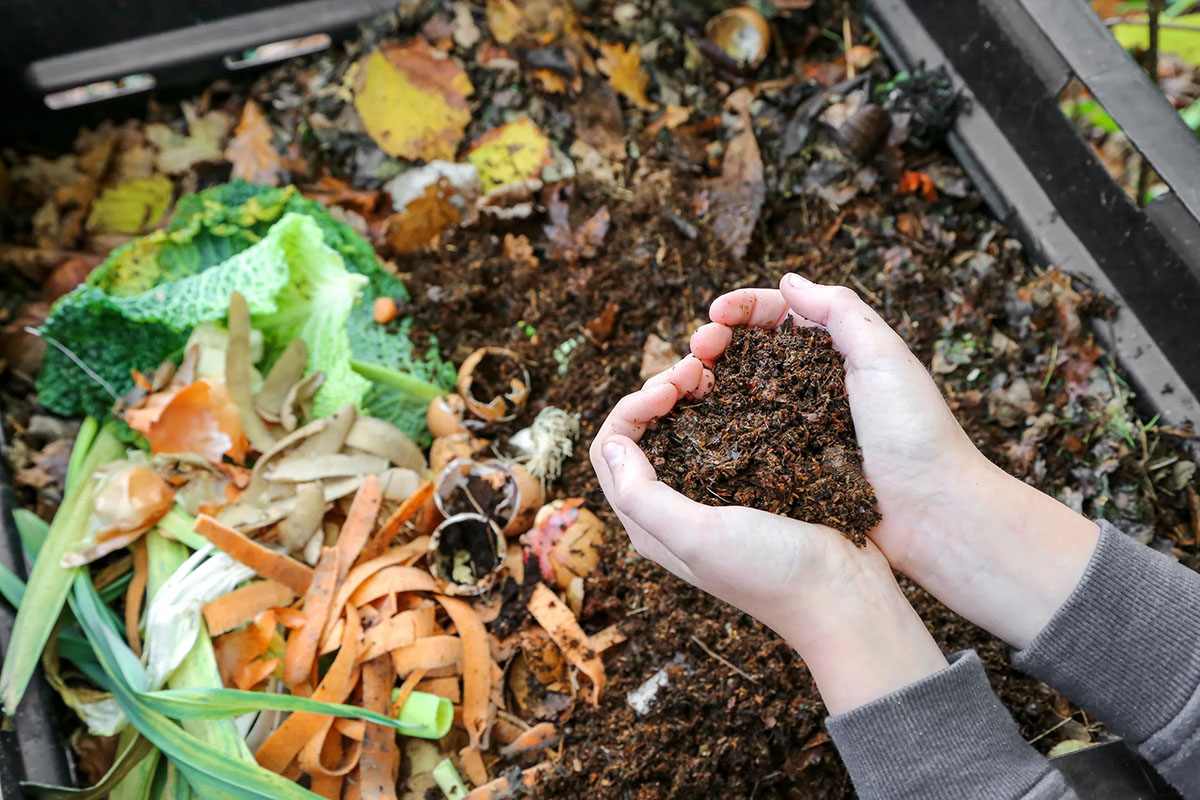
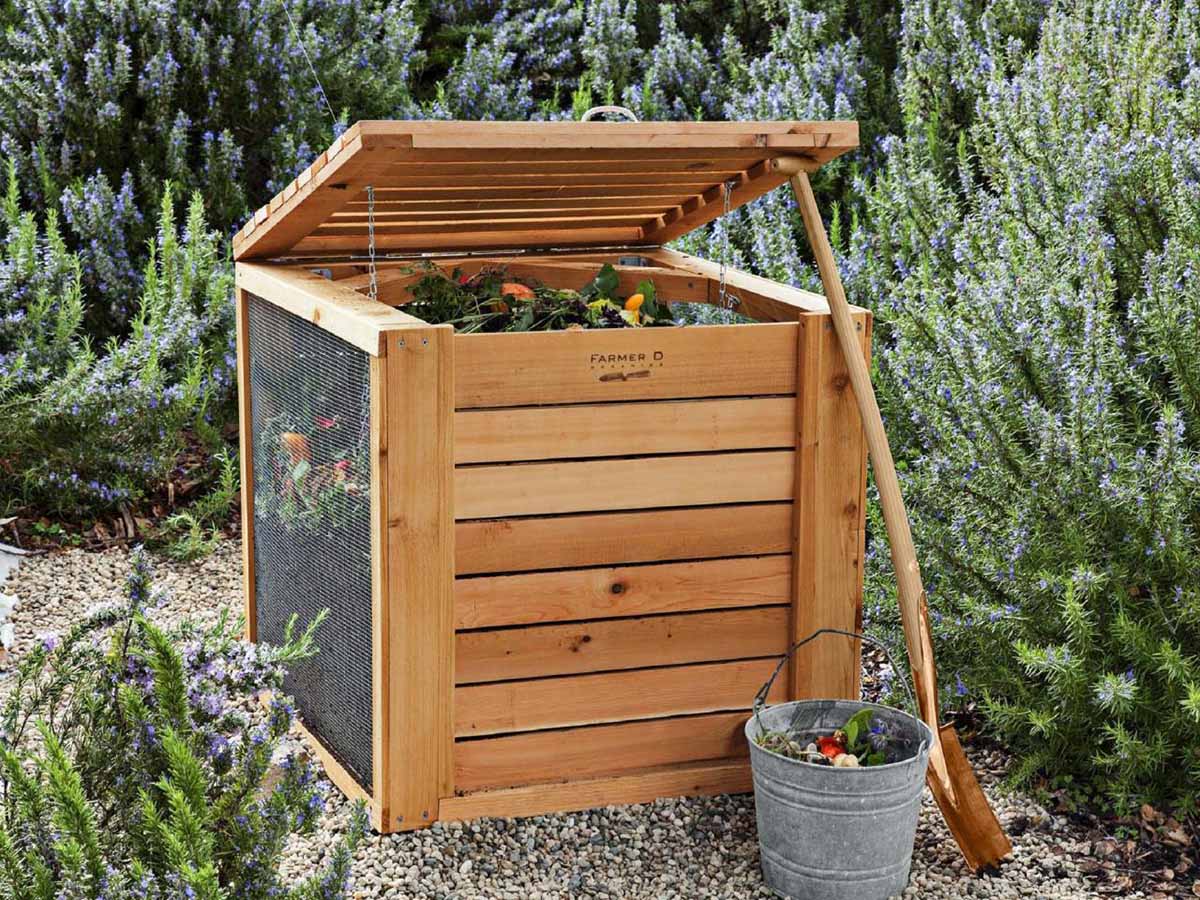
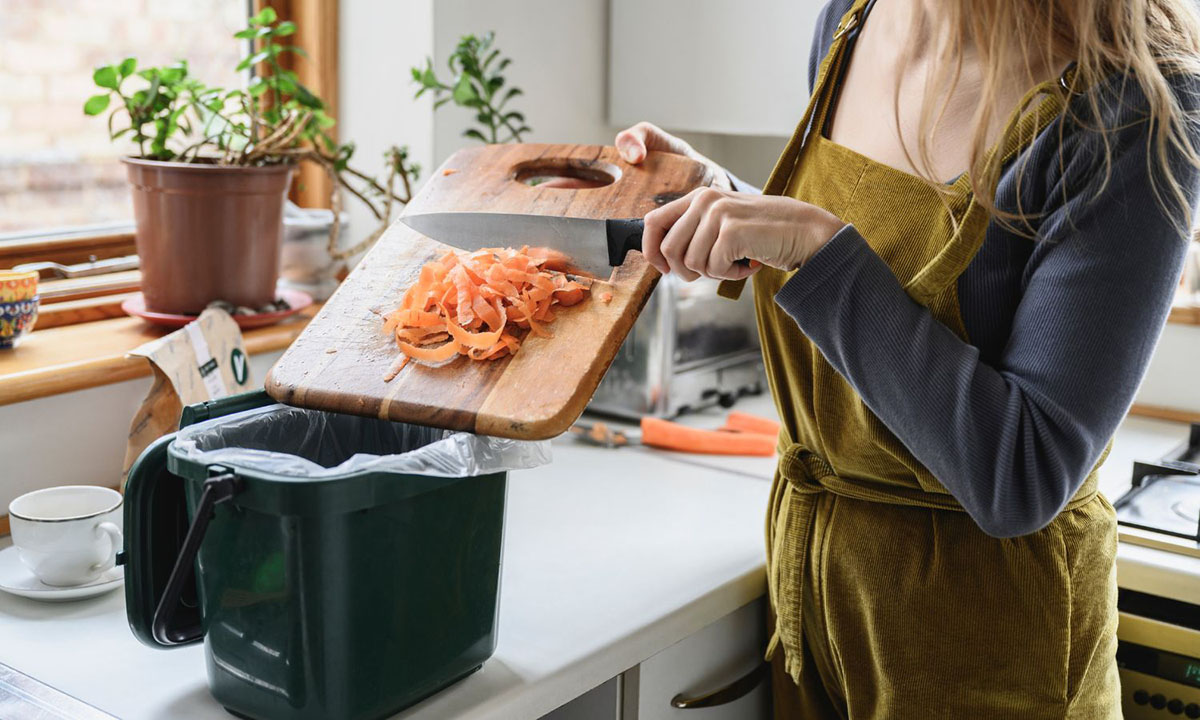
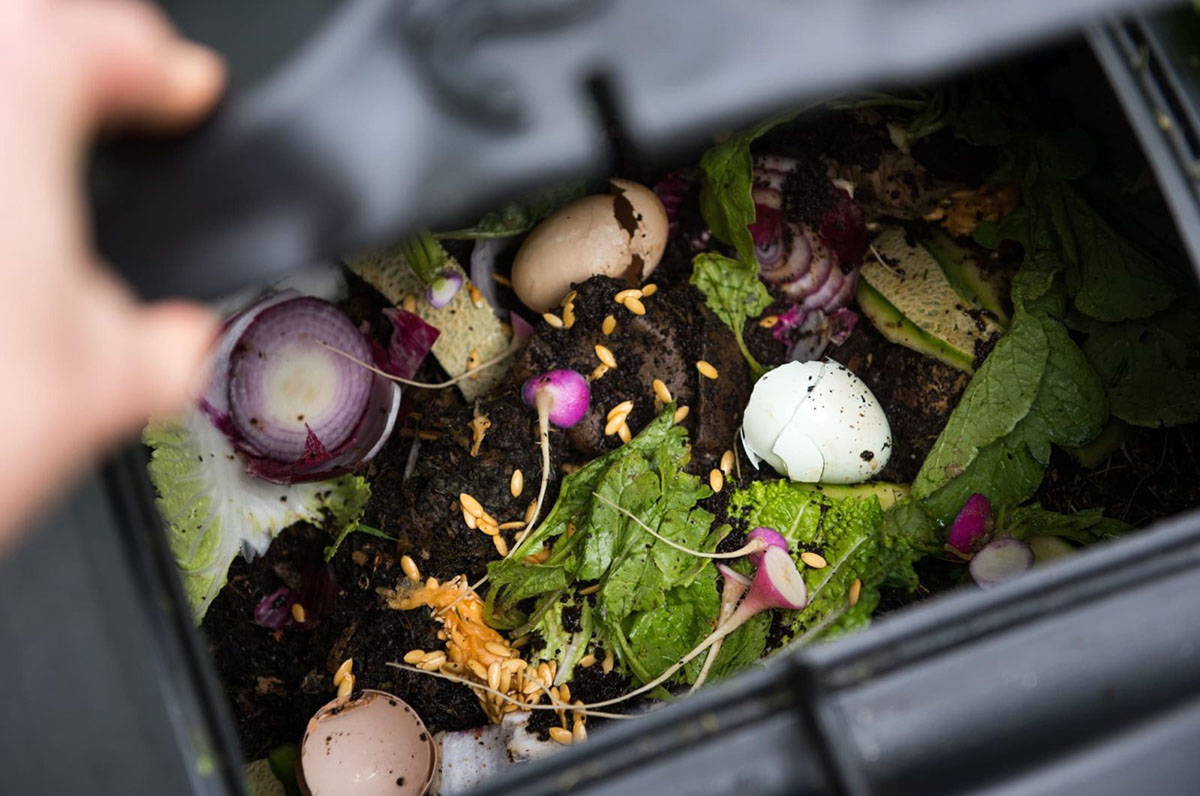
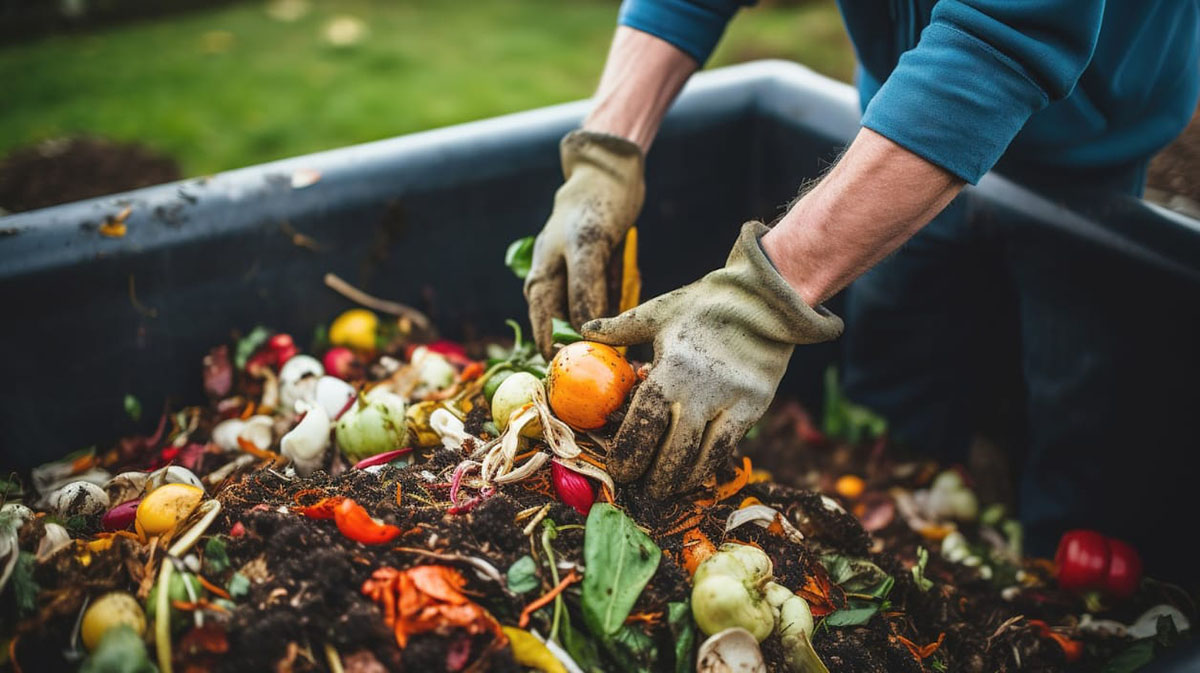
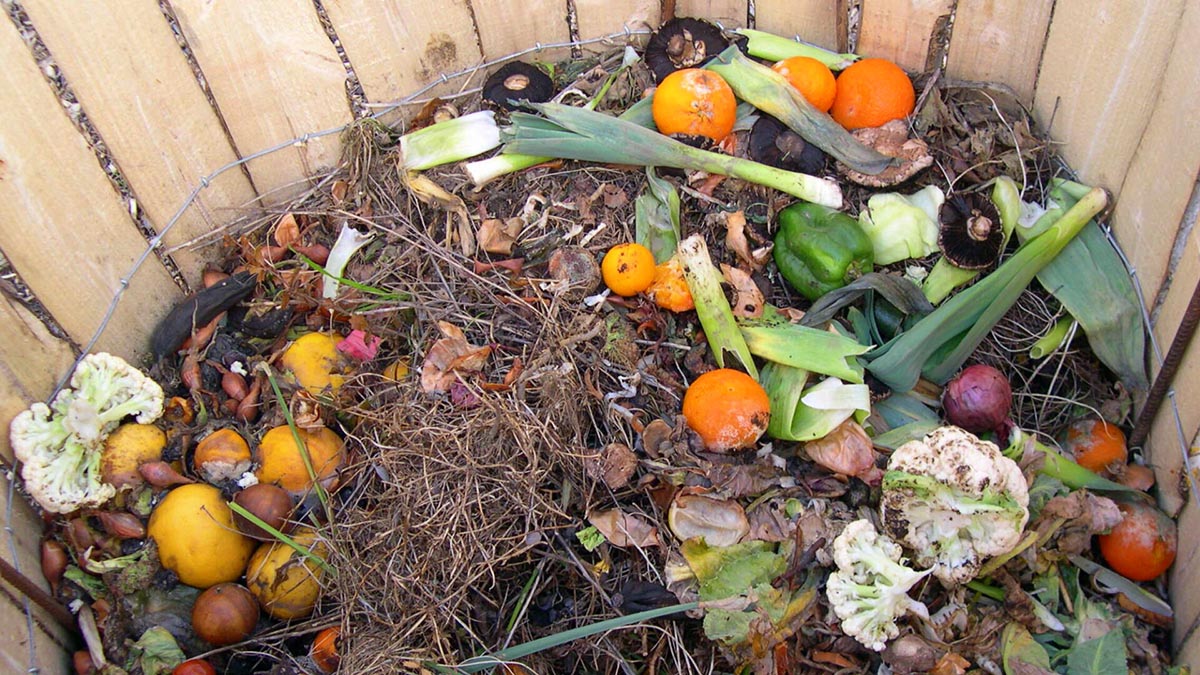
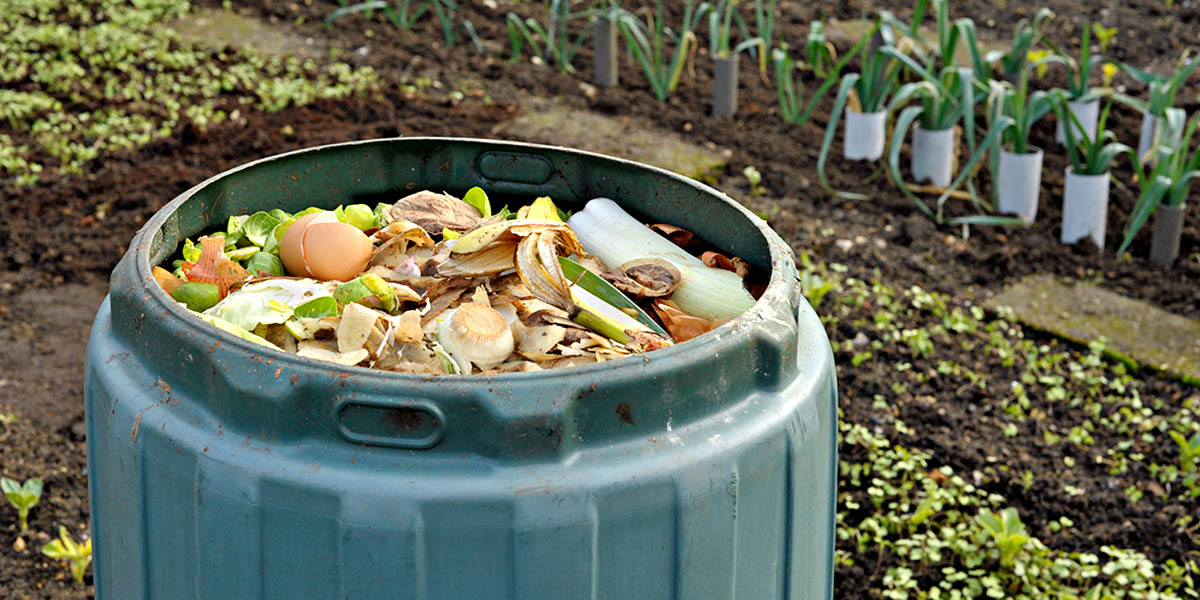
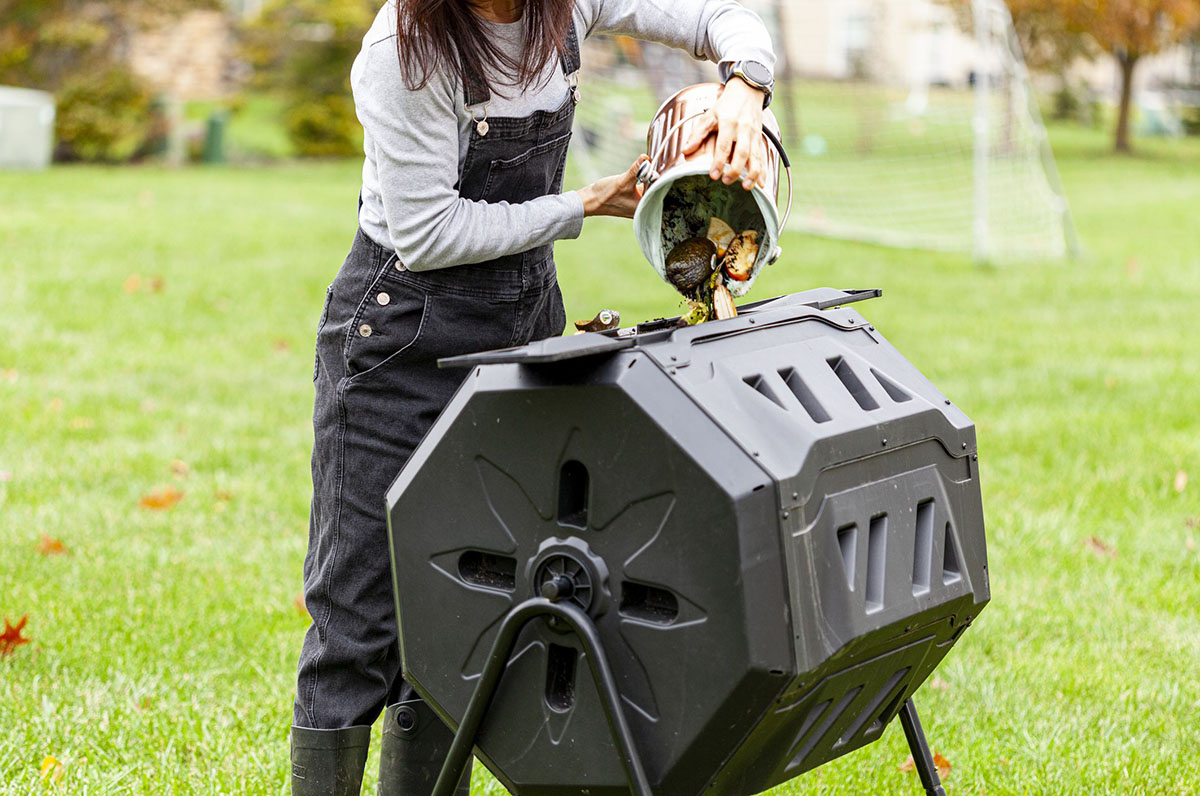
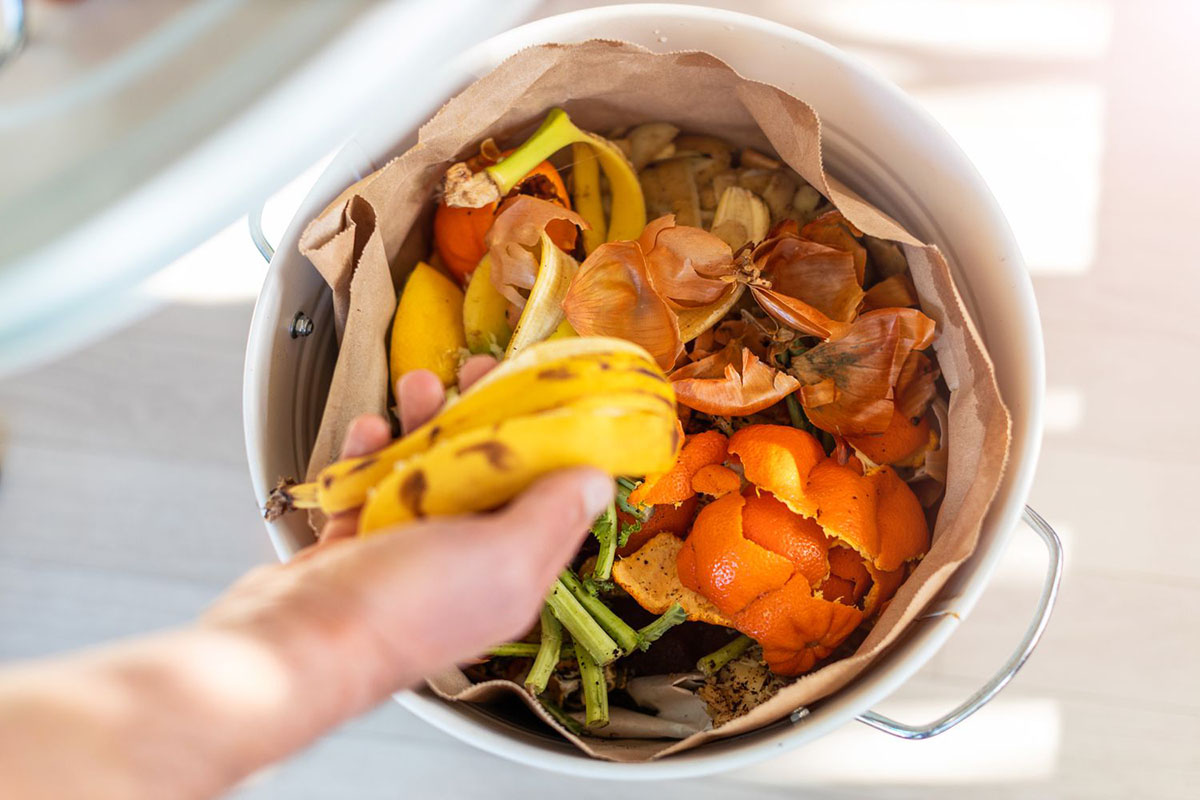
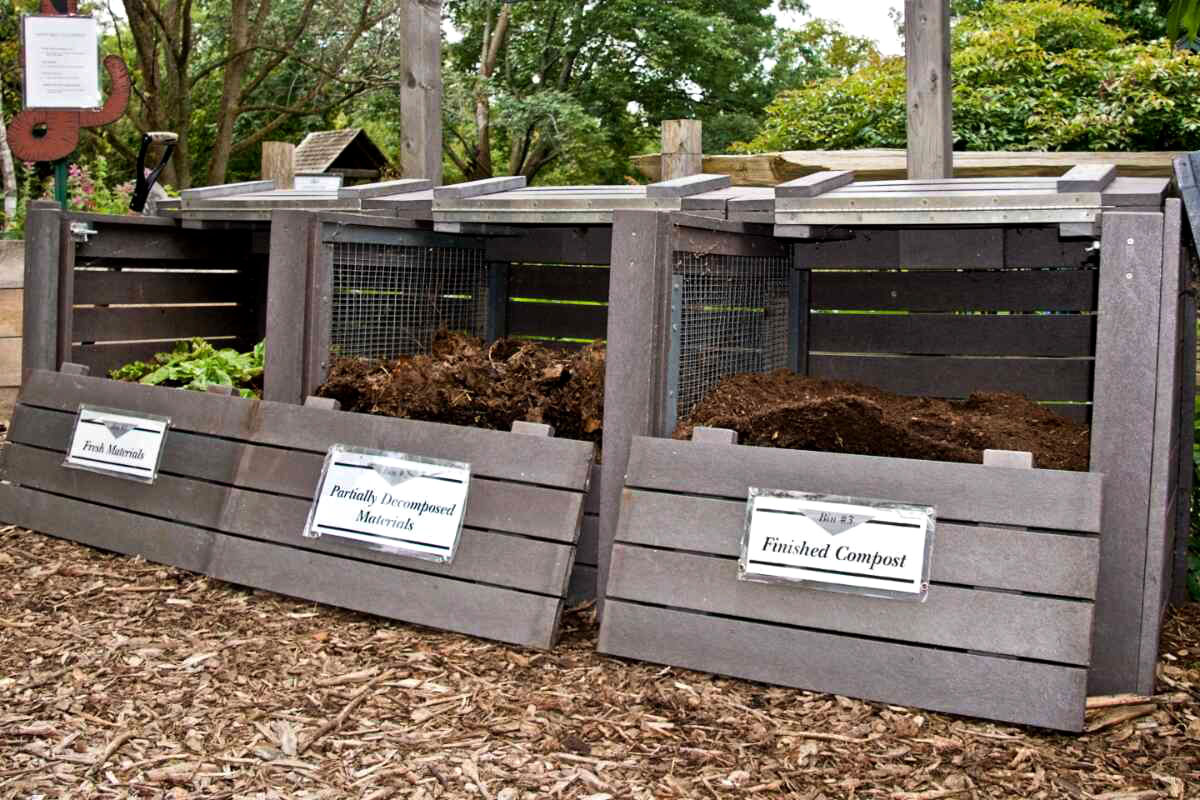
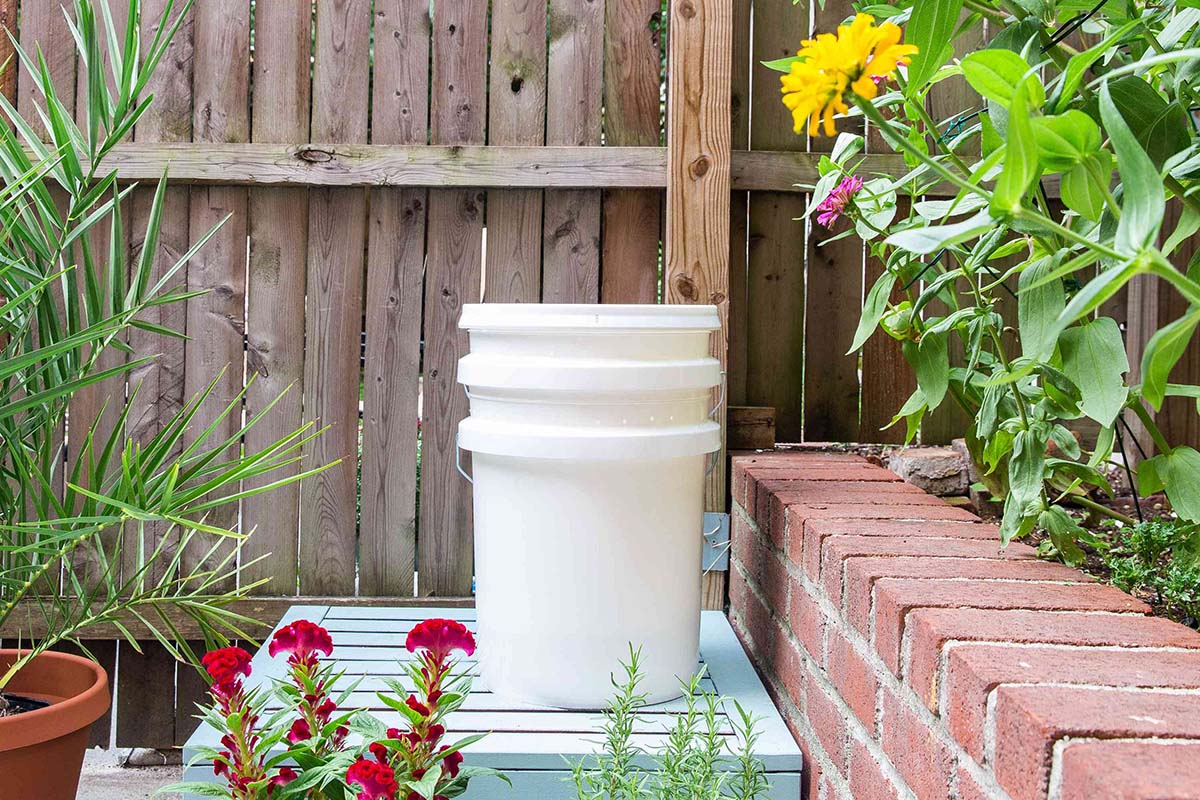
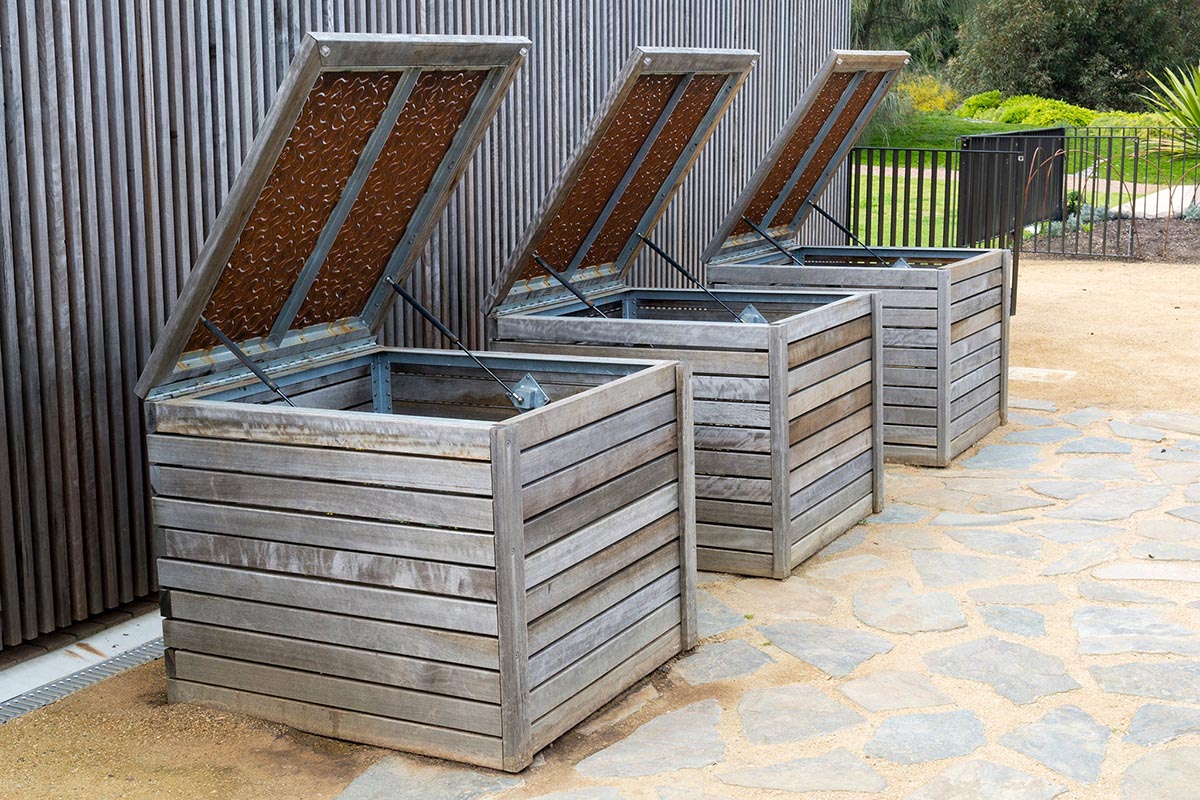
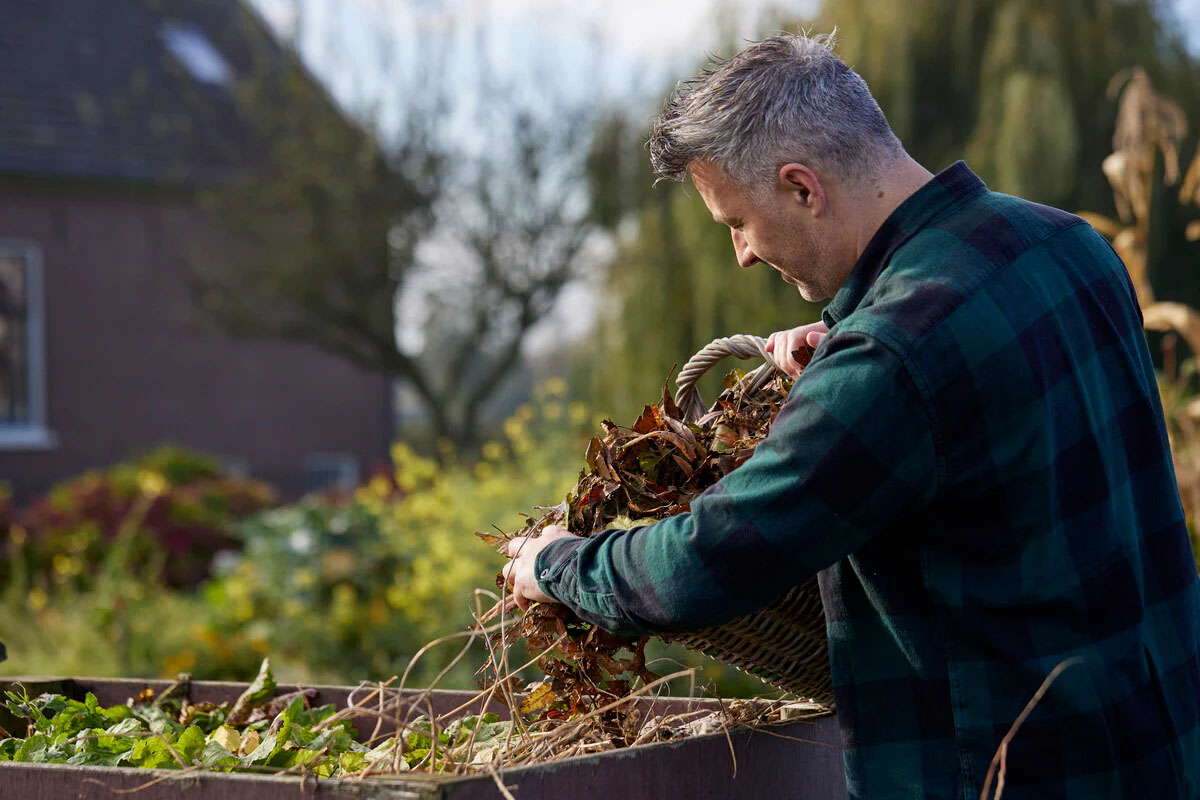
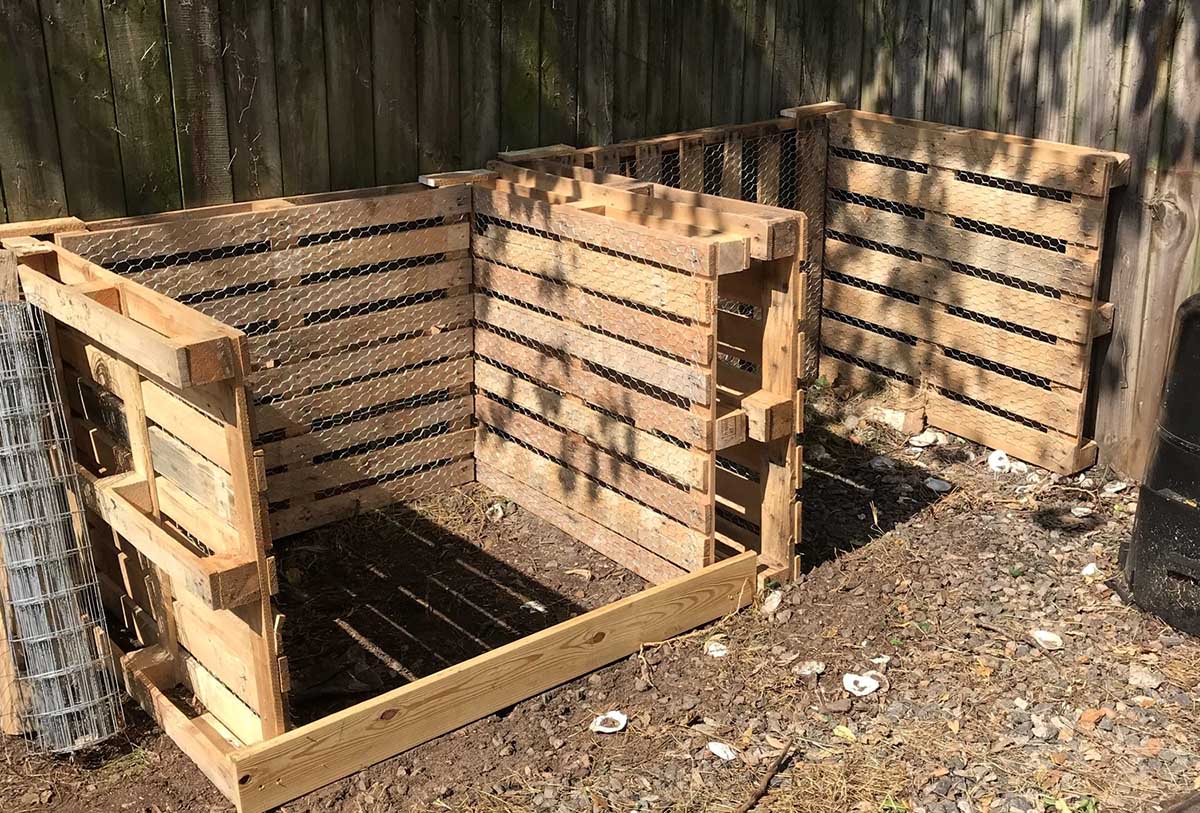

0 thoughts on “What Type Of Compost Bin Is Best”